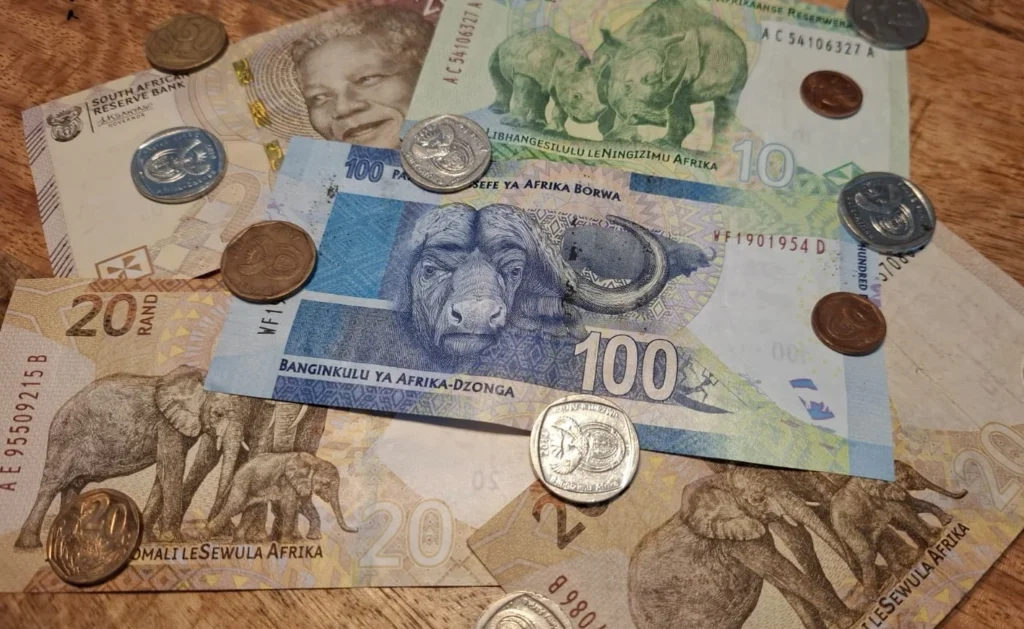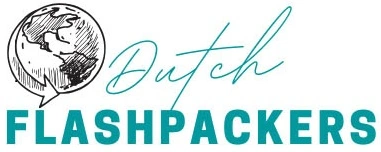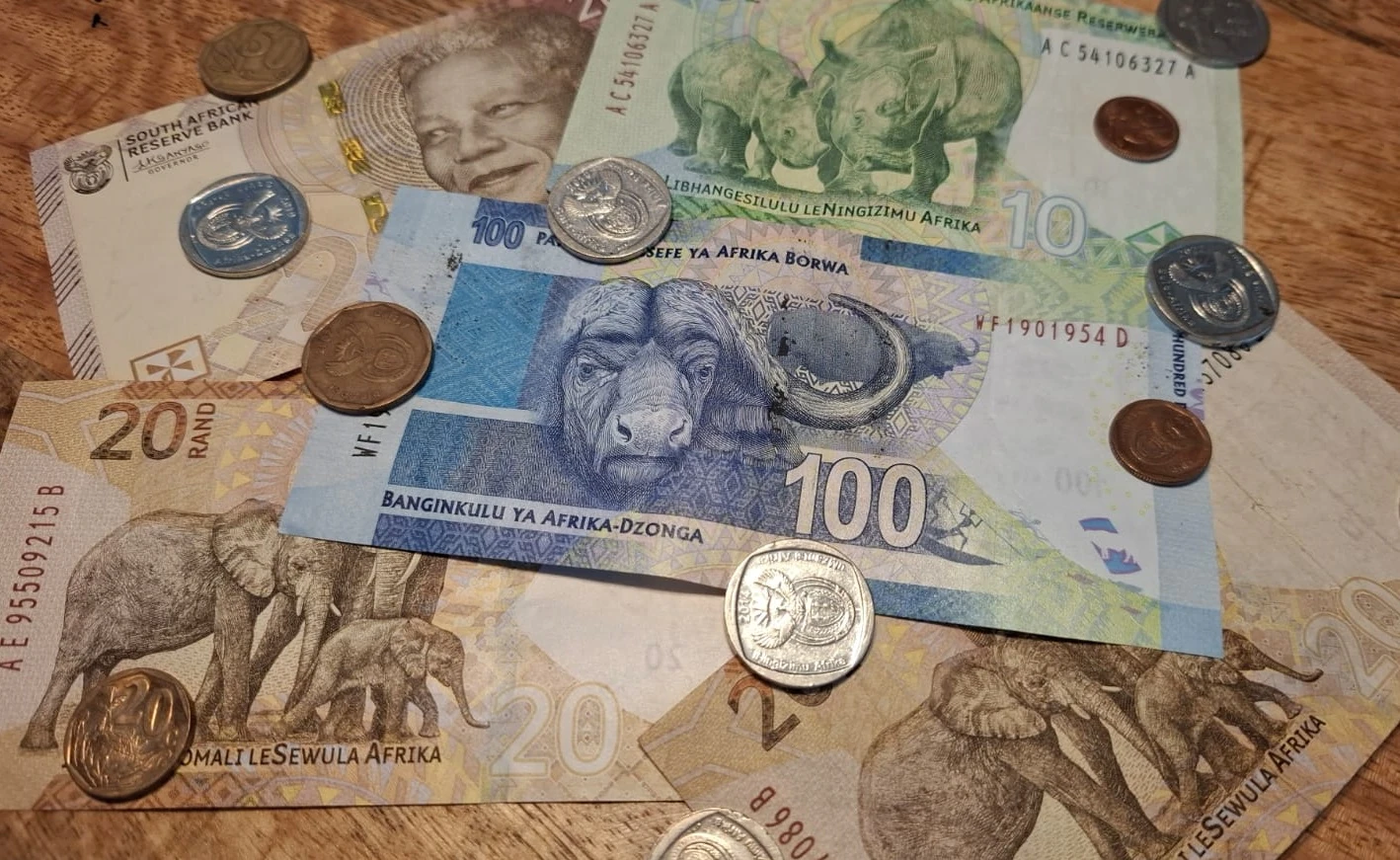In this comprehensive guide, we’ll provide you with practical information, insider tips, and valuable insights to ensure your journey through South Africa is smooth and enjoyable. From currency and visa requirements to navigating the diverse travel seasons, we’ve got you covered.
Currency
The South African Rand (ZAR) is used, with ATMs widely available and cards accepted in most urban areas. For rural locations, keep some cash on hand. We have only used cash at local markets and for some toll roads. A lot of establishments are switching to cashless.

Visa Requirements
Travelers visiting South Africa often enjoy a visa-free period of up to 90 days, depending on their nationality. However, it’s essential to check the latest visa requirements based on your citizenship and the purpose of your visit to ensure a hassle-free entry.
The Different Travel Seasons
South Africa’s diverse climate means there are different seasons to consider when planning your trip:
☀️ Peak Season (November to March): Summer brings warm temperatures and long days, perfect for exploring Cape Town, the Garden Route, and the country’s stunning beaches. However, it’s also the busiest time, so expect higher prices and more crowds.
🥾 Shoulder Season (April to May, September to October): These months offer mild weather, fewer tourists, and great wildlife viewing. It’s an ideal time for a safari in Kruger National Park or hiking in the Drakensberg Mountains.
❄️ Low Season (June to August): Winter is the best time for game viewing, as dry conditions force wildlife to gather around water sources. Cape Town can be rainy, but it’s also when you’ll see whales along the coast.
Consider your interests, whether it’s safaris, hiking, or coastal adventures, when choosing the best time to visit South Africa.
Electricity
South Africa uses 230V plugs of different types. Many places do have converters for the European two-pin plugs. However, it is advised to carry an adapter to the 3-pin South African standard plug.
Local SIM Cards
Staying connected in South Africa is easy with local SIM cards. You can purchase SIM cards from various providers, and they are widely available in major cities and tourist areas. Simply provide your identification, and you’ll have access to mobile data and calls. This is a cost-effective way to stay connected during your trip.
We have personally tried two major SIM card providers: MTN and Vodacom. They both offered tourist SIMs at the airport, but you could also find them in shops in the major cities. MTN has a better app and is therefore easier to top up, it has good coverage in the major cities, but lacks connection on the east coast and in the Kruger park. Vodacom is slightly more expensive and we had difficulty with topping it up online, however, the connection has been good the entire trip. Expect to pay 300 – 400 ZAR for a 10 GB package (2024).
Nowadays you can also buy your eSIM from home. This is a bit more costly, but it is super convenient to already have mobile access upon landing. Make sure your phone supports eSIMs and check out the available eSIM options.
Transportation Guide
South Africa offers various transportation options for travelers:
🚗 Renting a car: By far the best way to get around South Africa is by driving yourself. It is very affordable and you have a lot of flexibility to explore exactly what you want to do.
🚌 Public Buses: Public buses are available in South Africa, with Greyhound and Intercape the most reliable companies. They offer an affordable way to explore the country’s diverse landscapes and attractions. You can book most buses through 12GO, a reliable online transportation platform.
🚖 Taxis and Ridesharing: Taxis are readily available in cities and major towns. Additionally, ridesharing services like Uber operate in certain urban areas. Always ensure the taxi meter is used or agree on a fare before starting your journey.
Renting a Car and Driving
Renting a car and self-driving in South Africa can be an excellent experience. The country’s road infrastructure has improved, making it more accessible for travelers. Ensure you have the necessary documentation and insurance. Be cautious when driving in mountainous areas and respect local traffic laws. We have had a fantastic time driving around South Africa. Be aware that it is advised not to drive in the dark and to not take hitchhikers on your trip.
Check out Sunny Cars for an all-inclusive experience ideal for travelers.
What Else to Consider?
In addition to the mentioned practical information, consider the following:
🛡️ Travel Insurance: It’s essential to have comprehensive travel insurance that covers medical emergencies, trip cancellations, and lost belongings.
🩺 Health Preparations: Ensure you have any necessary vaccinations and carry a basic medical kit for common ailments.
Help us by supporting our blog
We want to give you honest reviews and keep this blog free. Therefore we added some affiliate links that might give us a commission at no additional cost to you. Support our blog by booking through our partners.





Leave a reply